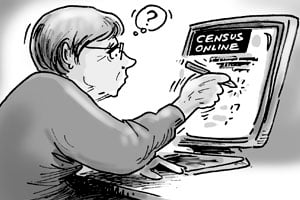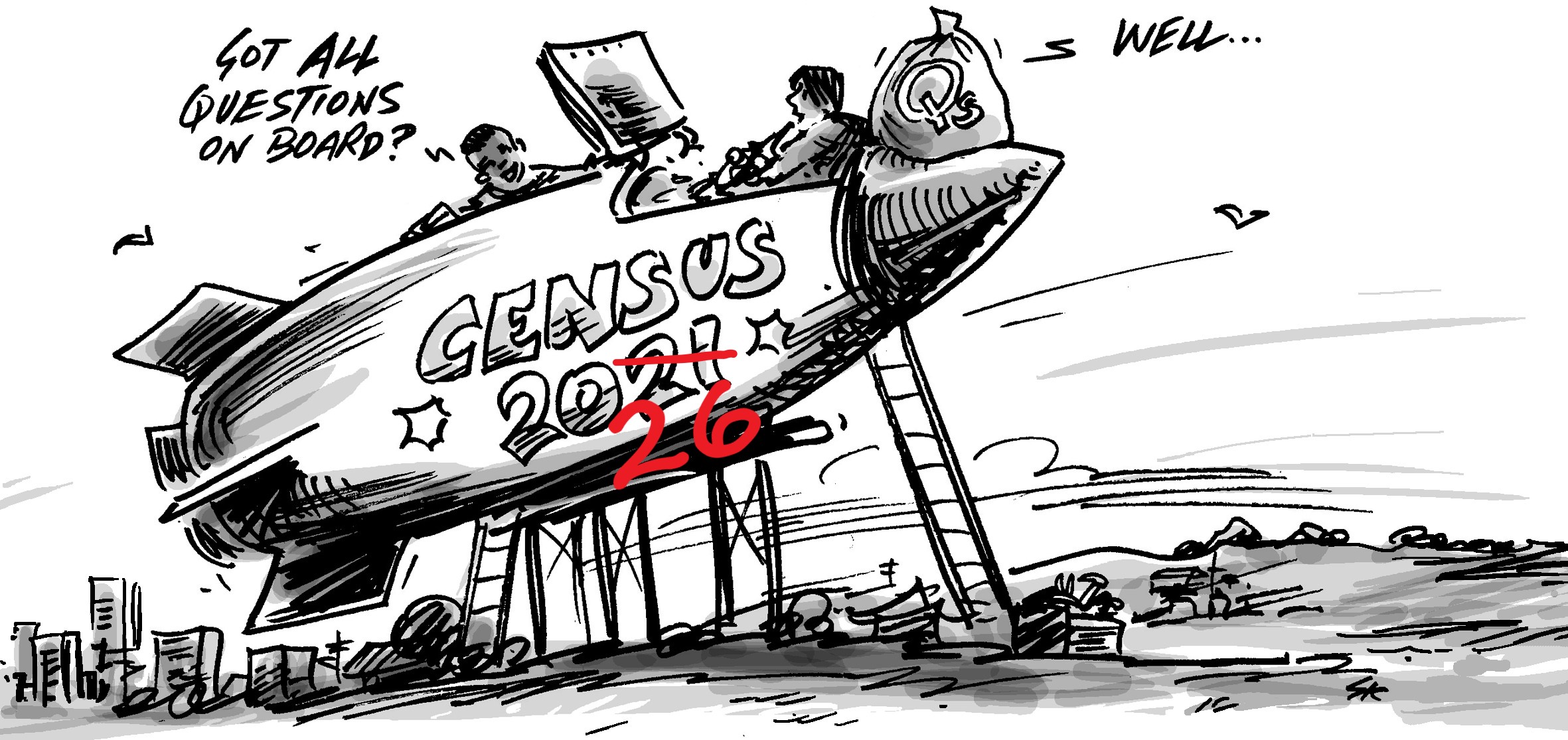A few days before Census release, the Canberra Times had an article about possible changes for the next Census in 2016, from an interview with the Australian Statistician, Brian Pink. It contained some interesting possibilities, which, if implemented, would radically change the way we conduct Census in Australia.

At .id we suspect this article was just canvassing some broad possibilities, and perhaps trying to gauge public reaction to a few of the more radical proposals. We seriously doubt that Census will be changed as much as is suggested in the article.
The pros
- Customised forms for different population groups – there is a need for transport to education and more health and disability related questions on the form, and if eCensus allows this customisation there is a great opportunity here.
- If most people answer the Census online, processing times could be greatly improved, meaning that the data are released sooner.
On the other hand, there are some things in the article which could cause quite serious problems…
The cons
- The suggestion that Census be done by post, with a letter directing people to an online site. Australia’s Census is so good because we DON’T post out forms, but Census collectors are tasked with finding all dwellings in their area, including those without a postal address, homeless people etc. The undercount will be MUCH higher and therefore the Census will be less accurate if it’s posted out just to save on field staff.
- In 2011, about 30% of households filled in an eCensus. While this could certainly go higher, there will still be a large amount of the population in 2016 who are not comfortable with an online form and would prefer a paper one. I can’t see how this can be overcome, and there’s got to be an easier option to get a paper form than sending a letter back. I’d suggest that MOST of the population over 65 would not be happy doing it online.
- The article suggests that the Census will only have 25 standard questions – the current form has 60 so this represents a big loss of data, even with the extra ones for specific population groups.
- Possibly the most worrying thing of all is the suggestion that income data be sourced from the tax office. For several reasons.
People are already reticent to answer the Census question for fear the tax office will get hold of it. If ABS is seen to be publicly sharing individuals’ records with other government departments, the quality of the Census will suffer.
Many people don’t submit tax returns for years afterwards. The normal tax office statistics don’t come out for about 2 years after the end of the relevant financial year because it takes so long for everyone to get their returns in. And even then there are some missing. This could have a major impact on the timing of the Census.
Taxable income is NOT what is asked in the Census, nor is it the most relevant measure of income for social planning purposes. The Census asks for income from all sources, including government benefits, which aren’t usually included on a tax return, and doesn’t ask about deductions. It also asks for “usual” weekly income, which is more likely to be related to the current job or business a person has, whereas taxable income is influenced by starting or leaving a job over the course of the year etc.
The likely outcome
So with all these difficulties, we seriously doubt that most of the changes suggested in the article will come to fruition, but, done properly, the move to a more online-based Census could provide substantial improvements. We’ll all get a chance to have input to the 2016 Census when the consultation process kicks into gear late in 2012.
Access more information about the Australian Census 2011.












